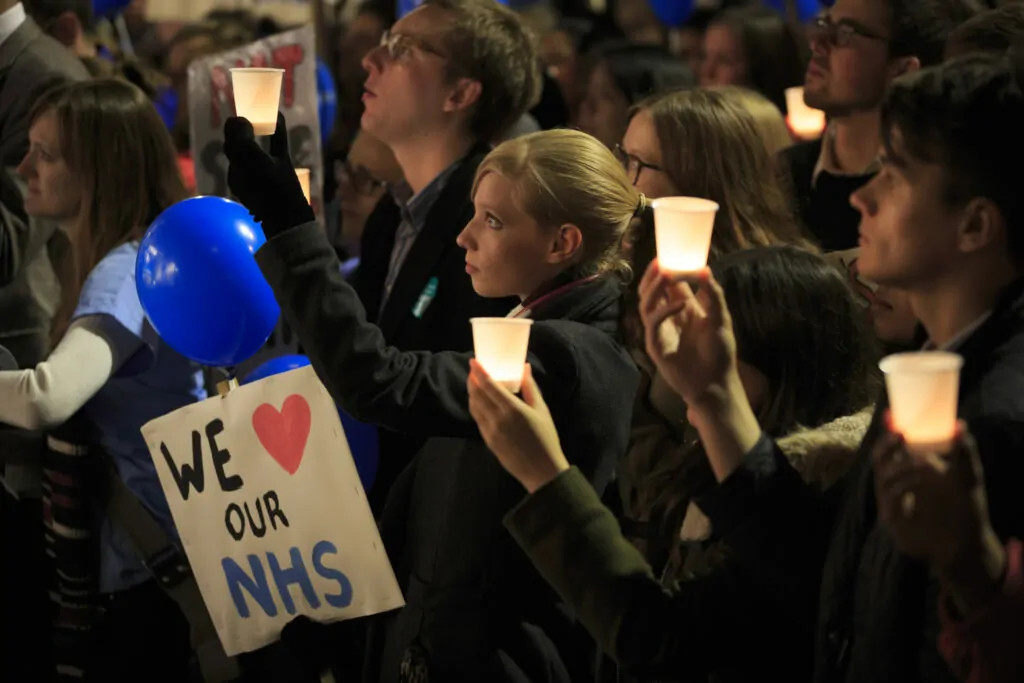It is well known and widely covered in the press that the health secretary Jeremy Hunt and the British Medical Association (BMA) are at loggerheads over changes to junior doctors’ contracts. This situation throws up a plethora of legal issues including, strike action and the process of changing or varying terms of an employment contract.
The Junior Doctor’s Dispute
The dispute goes back to 2012 when the Department of Health (DH) decided that there needed to be changes to the contracts of employment for junior doctors in England. To be clear, junior doctors refers to all doctors that are not yet Consultants. This therefore affects a significant number of doctors working in the NHS. Negotiations began with the BMA but they broke down in October last year, and in October 2015 the BMA refused to re-enter into negotiations accusing the government of a “heavy handed” approach.
The government has now said that it intends to impose a new contract on all junior doctors starting in August 2016. This includes all new junior doctors and all junior doctors starting a new rotation. This imposition has caused widespread anger amongst junior doctors, thousands of whom protested in Westminster last month, many of whom believe that the contract is “not safe not fair” (as stated in the numerous banners during the protest). Their plight has attracted a great deal of support from the public.
The issues in dispute are complex and numerous. Some aspects of the contract will ultimately affect patient safety as it removes safeguards that ensure that doctors are not overworked. It is clear from the various statements from the BMA and from doctors themselves, that patient safety is paramount. However, one of the more complex issues is about doctor’s pay. In simple terms, currently junior doctors’ base pay relates to working “standard time”, being 7am-7pm Monday to Friday. If, and frequently when, they work the more antisocial hours outside of “standard time”, they are paid extra. The new contract proposes to extend “standard time” to 10pm on weeknights and most of Saturday. Given that they will not be eligible for the extra pay during the antisocial hours, the junior doctors have raised concerns that they will lose a large chunk of their salary.
On 4 November 2015, Mr Jeremy Hunt MP announced to the public that he is to offer junior doctors an 11% rise in basic pay in a last-minute bid to stop them going on strike, as well as some concessions regarding “standard time.” When looked at carefully, it is clear that the headline 11% increase is misleading. It is interesting to note that the offer was not presented to the doctor’s union before it was announced in the press.
Strike Action
The dispute has caused doctors to feel pushed into a corner by the government and many feel they have no choice left but to strike. The BMA balloted over 37,000 members – and 76% took part in the ballot. It was announced on 19 November 2015 that 98% of those balloted voted in favour of going on strike for three days in early December beginning 1 December 2015 – the result is an overwhelming success for those campaigning against the new contract.
In the run up to the ballot, the media and commentators on Twitter were confident that the doctors will vote “#Yes” to strike. In response, Mr Hunt has unreasonably labelled those doctors threatening to strike as “militant”, which of course added fuel to the fire.
Following the announcement of the results, Mr Hunt confirmed that the doctors’ decision was “very, very disappointing”. He initially rejected engaging in discussions with the Advisory, Conciliation and Arbitration Service (ACAS) It is encouraging that he eventually agreed to conciliatory talks with the BMA through ACAS, after the initial, and premature, refusal. The BMA indicated that the strike would go ahead unless Mr Jeremy Hunt MP removed his threat of imposing the new contract. It has taken some time, but now that the government is finally engaging with ACAS and following “productive talks”, the strike action has been suspended and the parties will be returning to meaningful discussions.
It is worth noting two things: Firstly, had Mr Hunt engaged with ACAS soon after the ballot results were announced, the reported widespread disruption to NHS services today may have been avoided. Secondly, the strike action has been suspended, not called off entirely. The timeframe for industrial action has been extended until 13 January 2016 to allow negotiations to continue. The BMA still has its mandate for strike action and if negotiations are not fruitful, the junior doctor’s strike may still happen next year.
Changing Contracts
The doctors are a unionised workforce. This means that any changes to their contract need to be agreed via collective bargaining. The junior doctors are in a position whereby if they (via their union, BMA) do not accept the changed contracts, then the government will forcible impose the contract on them regardless. Doctors would then have the choice of either putting up with the new contract or leaving the NHS (and possibly England). If the dispute is not resolved by next year, it is unclear what the implication would be for the NHS. If the new contract is imposed, many doctors have been vocal about possibly considering moving abroad. Wales and Scotland have already ruled out imposing the new contract, but doctors can also have very lucrative careers abroad, such as in the Middle East or Australia.
The government must properly engage with the junior doctors. If they do not, this dispute is looking likely to continue and it will be interesting to see how it progresses.
